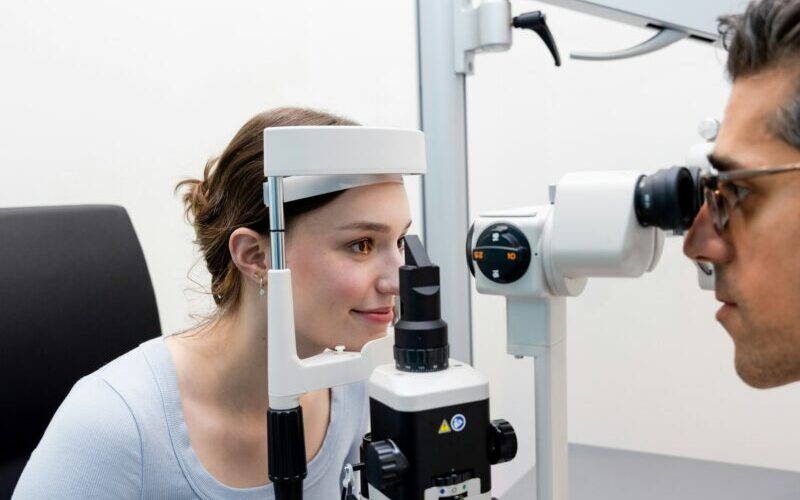Why would anyone put pineapple on icecream?
Clean hands, Cool head, Warm heart.
GP, Gardener, Radical progressive
- 47 Posts
- 148 Comments

 10·13 days ago
10·13 days agoI’ve been thinking a lot about this issue, obviously with high quality and cheap generative AI essay writing is meaningless for assessment, which is a shame because crafting an essay is an excellent exercise for thinking through a concept.
In my undergrad I wrote a lot of essays but also had a lot of small group tutorials where our contribution contributed to our grade. In medical school assessment outside of examination was almost entirely based on interaction with professors and supervisors. I’m also aware of verbal examination where a professor effectively interrogates a student to assess their knowledge which I think in undergrad settings is mostly historical but could make a comeback, oral examination is used extensively in postgraduate medical training.
For a degree to mean anything assessment needs to be not easily cheated. There are assessment methods that are available although they are less efficient.
If I were running an undergrad humanities degree I’d have essays be 10-20% of the total grade, have a brief 15-20min oral examination and tutorial participation make up the bulk of the grade. I don’t know how else a degree can mean anything.

 3·18 days ago
3·18 days agoThis legend has been a fixture of election coverage as long as Ive been voting. I’ll miss you Tony

 2·26 days ago
2·26 days agoThankyou, this is great on Windows but I’m looking for a solution on Android

 6·27 days ago
6·27 days agoI dislike this idea that government run is bad.
I recently changed my name and had to call several government agencies and found them competent and helpful every time.

 15·27 days ago
15·27 days agoI’m a GP, here’s my opinion
Can’t have eaten/drank anything for the last half hour
- in principle could alter your BP but I wouldn’t worry too much unless it’s quite a large meal
Feet flat on the floor
- yes, this is important
Lying down but sitting up
- for some purposes docs want lying/sitting/standing but for home measurements do them sitting
Back against the chair
- yes
Don’t cross your legs/ankles
- yes, feet flat on the floor
Only use your left arm
- myth, if there is a significant difference between your left and right arms there is something funky going on with your subclavian arteries
Hand facing upward/downward
- not super important
Keep your arm down/raised
- keep your arm relaxed, ideally resting on a table or desk at close to 90deg or hanging straight down
Most important is be relaxed, sit still, don’t move your arm, if you get a high reading calm yourself and take it once more then leave it.
When I’m taking a BP in clinic the most important thing I do most of the time is distract the patient from the machine with some patter as for most people the biggest confounding factor is stressing about what the reading will be, I don’t correct posture etc unless they are substantially moving their arm around.

 1·27 days ago
1·27 days agoI have taken my own BP manually, it ain’t easy

 9·1 month ago
9·1 month agoThe guy at Jaycar reckons he’s never seen anything other than MC4 and it was difficult to find anything different online

 16·1 month ago
16·1 month agoLiving in a tiny home, yep, on the ground on a frame


 6·1 month ago
6·1 month agoGood article.
As an aside I wonder how common it would’ve been to be communist without being an official member. A lot of people would’ve had a lot to lose of they were proven to be communist and felt safer without a paper trail.
Not saying that Rosa Parks was necessarily a communist, just as likely she just held common cause.
You’re probably talking about the Chinese social credit score, not a replacement for currency but is up and working.
That is just beautiful 😍

 16·1 month ago
16·1 month agoDespite their traitorous turn towards neiliberalism in the 80s the ALP remains a competent liberal party, whereas the Liberals are an incompetent boys club only interested in protecting the class interests of their corporate masters.
This should be printed and mailed to every registered voter. Thankyou

 3·2 months ago
3·2 months agoOkay, I’ve been happily ignoring your little idee fixee on LDL aside from one gentle comment but I feel the need to comment here again.
This article is utterly disingenuous and sets up a complete strawman to knock down. It sets out to disprove a notion of cholesterol that was last current decades ago. Right in the first paragraph and throughout the article LDL is referred to as “the” major cause of atherosclerosis which to my knowledge even the Framingham authors wouldn’t have been comfortable with, it is however a significant contributing factor.
It is well known that some people with elevated LDL or total cholesterol are at low risk(this is the reason for weak or negative results in whole population studies), atherosclerosis is a complex disease with multifactorial causes, no practising doctor I know thinks it is “the” major cause, or even the most important contributing factor.
That being said it is thoroughly established that statin use in select patients reduces the risk of MI and CVA, especially in those with established atherosclerosis, but also those with other substantial risk factors (high BP, family history, smoking, diabetes etc.). This is totally uncontroversial and the pathogenic mechanisms, while complex, are increasingly well understood.
I have been a doctor for over a decade and I consider myself diligent in keeping up with research, and although the selection of patients for statin therapy is an ongoing and regularly changing area of research on which experts can disagree, the fact that select patients will have substantially lower risk of coronary events due to statin therapy is uncontroversial.
Here is an article written by people who payed attention in stats class and have bothered to make their case with evidence rather than knocking down strawmen
Or for a more succinct and easy to read summary here is the Cochrane conclusion
“Of 1000 people treated with a statin for five years, 18 would avoid a major CVD event which compares well with other treatments used for preventing cardiovascular disease.”
Statins for the primary prevention of cardiovascular disease

 2·2 months ago
2·2 months agoUgh, that one and the cook one of everything have been staring at me for years. Maybe I’ll try for those on my current playthrough

 111·2 months ago
111·2 months agoI think this is true and until we have easily accessible and free mental health services it is the next best option and far more likely to do good than harm.

 8·2 months ago
8·2 months agoIn the recent WA state election we saw a pretty substantial shift towards greens and independents especially in rural seats away from nationals and libs. This is in part due seachangers and treechangers but interesting none the less.
I don’t think the downvotes are because you’re misgendering them. It’s just baffling why you’ve gendered them at all. It’s unfunny and out of place.












Like every new technology that is hailed as changing everything it is settling into a small handful of niches.
I use a service called Consensus which will unearth relevant academic papers to a specific clinical question, in the past this could be incredibly time consuming.
I also sometimes use a service called Heidi that uses voice recognition to document patient encounters, its quite good for a specific type of visit that suits a rigid template but 90% of my consults i have no idea why they are coming in and for those i find it not much better than writing notes myself.
Obviously for creative work it is near useless.